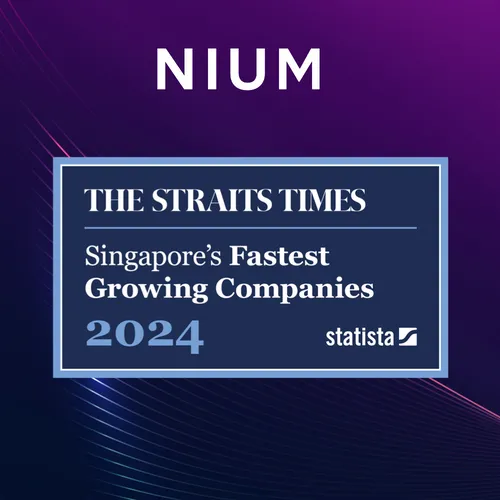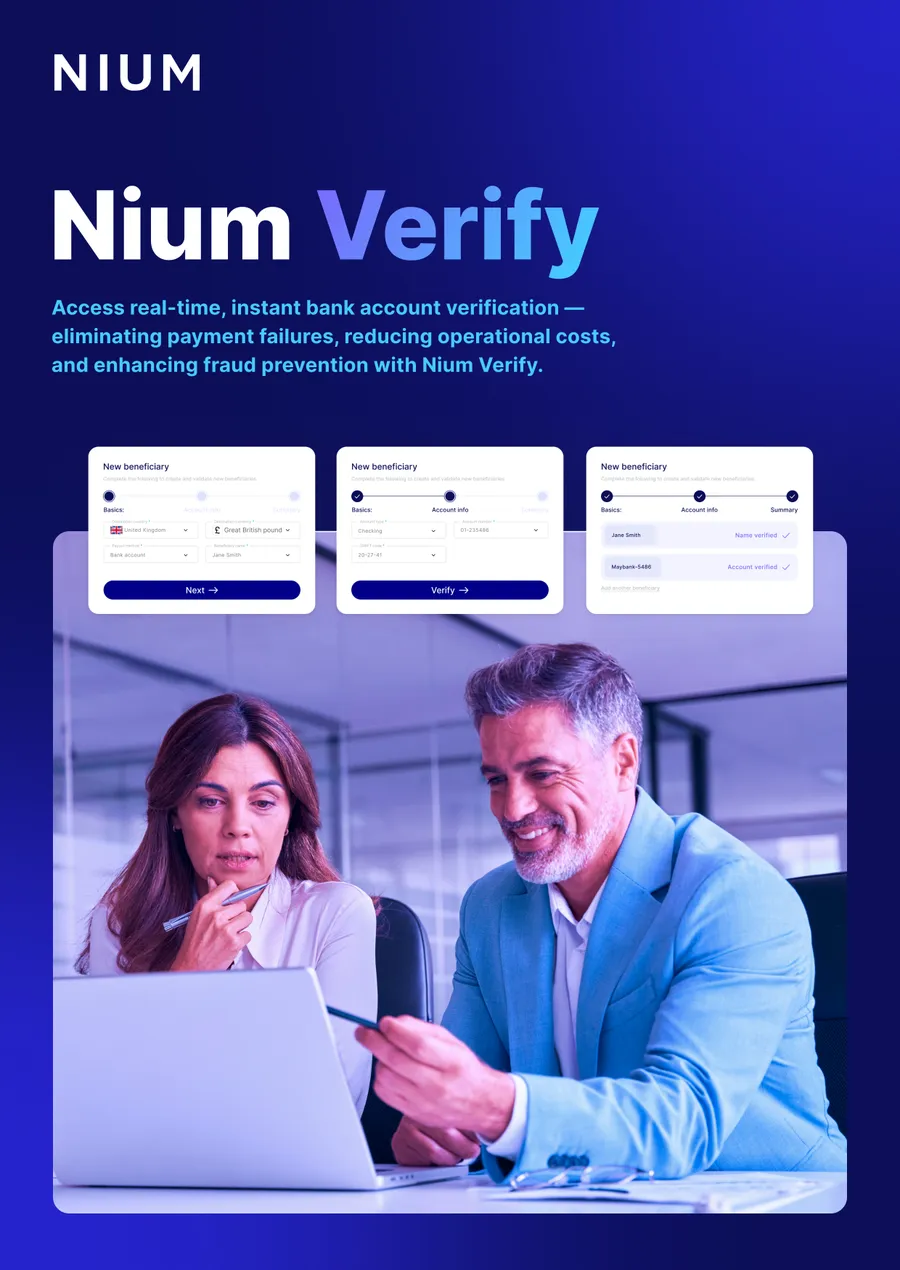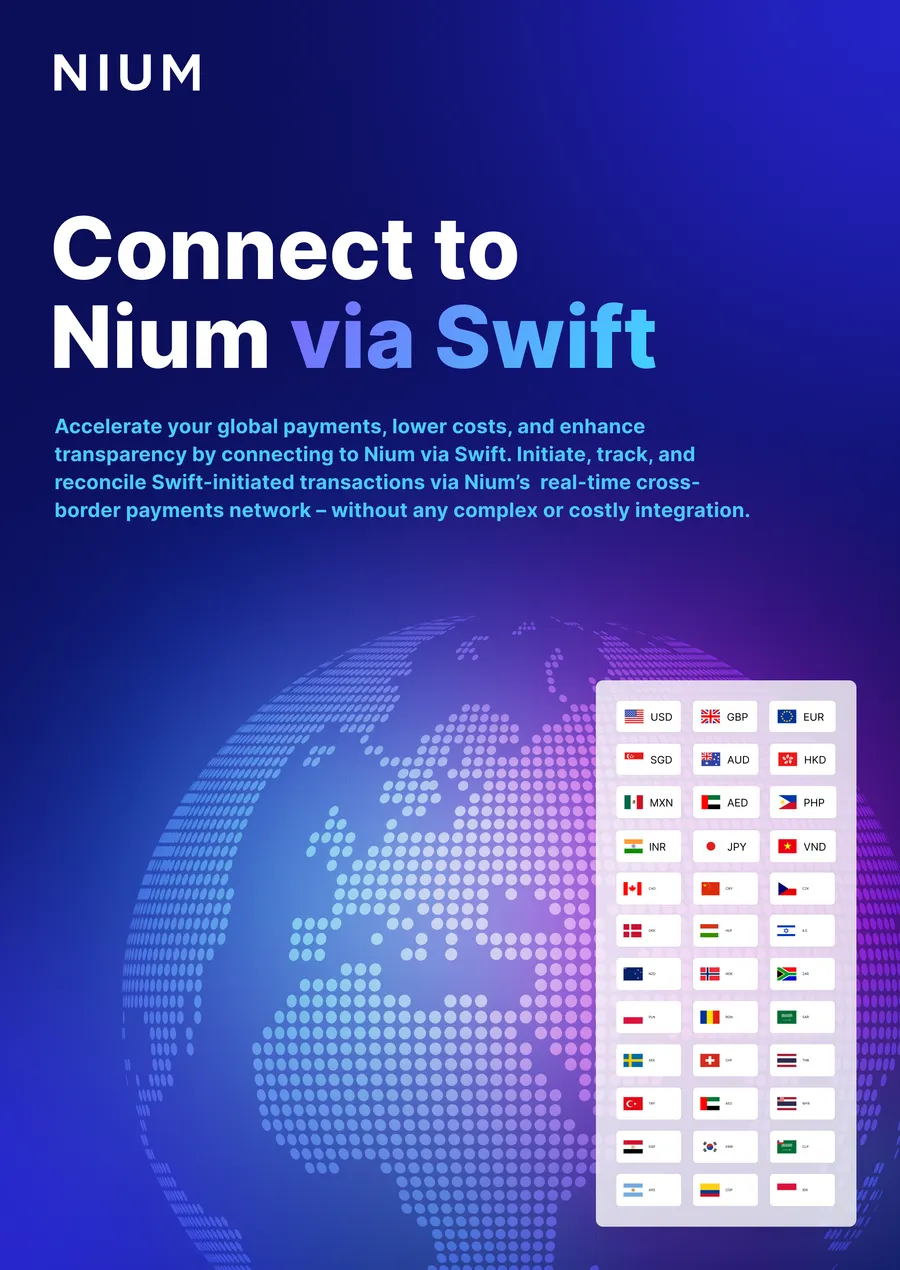Welcome back to our series highlighting the change makers at Nium powering through shifts in technology and evolving business needs to build world-class teams and payments solutions. On a mission to drive dialogues exploring innovation and inspiration as official fintech infrastructure partners of the International Cricket Council (ICC), these chats focus on career learnings and aspirations of key leaders on the frontlines of Modern Money Movement.
In the spotlight today is Raj Viswanathan, Chief Information Security Officer, overseeing the information security, risk, and governance function at Nium. Bringing broad global experiences and insights into the new age of finance, let’s hear more from our change-maker!
What does being a change-maker mean to you?
“When you are finished changing, you are finished – Benjamin Franklin”
A long career in consulting/audit in a Big 4 firm and hopping on from one client to another gave me the opportunity to not only implement multiple transformational programs, but also learn from those experiences. The short nature of advisory engagements meant I didn’t always get to experience the long-term outcomes. It’s rewarding to not just bring transformational changes, but also get to experience its benefits to the organization.
What brought me to Nium is the attractive opportunity to be a change-maker, which meant drawing upon the leadership experiences gained over the years and bringing in the right transformational changes – the keyword here being “right”.
Change-makers are passionate about the greater good- how do you think you play a key role in “Changing the Game” in payments?
Nium is a change-maker in payments and it’s a great pleasure (and an even bigger challenge!) to play one of the key roles in establishing ‘trust’ in the Nium platform that enables global payments. Over the last couple of decades, I’ve seen the significance of information security change from being an obscure topic limited to IT folks, to an important consideration integrated in the business strategy of companies of all sizes and across all sectors. It’s moved on from an IT topic to a board topic, and is a major focus for regulators.
The payments sector has radically transformed and the same traditional approaches for establishing trust are not efficient anymore. For instance, instead of the traditional segregated approach, we looked to create unified security, privacy, and resilience by design programs, which is more dynamic to embed the relevant controls at pace.
Being passionate about the greater good, it’s important to keep in mind the needs of both external and internal stakeholders. Understanding the needs of external stakeholders/clients and baking them into transformational programs is a bit more straightforward, for e.g., it’s easy to see the importance of programs enhancing the security and privacy of client information and payment transactions. But what may get overlooked is the needs of internal stakeholders, which are just as important- and we need to make a conscious effort to understand and solve their challenges.
When we make it easier for the teams consuming our processes, the benefits are exponential.

How does change-making and innovation tie in together?
Innovation is a key driver in transformations; transformational growth at pace cannot be hindered by manually intensive controls. Timing is also key. In some of my past experiences, the transformational projects for large organizations were multi-million dollar and multi-year engagements- years of growth with little focus on process improvements had made change management complex.
Considering recent technology trends and innovation is critical in evaluating solutions that are future-proof and provide scalability to help Nium grow at pace. For instance, implementing solutions supporting a more robust Secure-By-Design program, to ensure security controls are considered and implemented much earlier in the system development process. This is a ‘shift-left’ approach that reduces cost of security controls, and helps faster go-to-market deployments, as it is much easier to fix issues during the early stages of system development.
Another learning for me has been that innovation doesn’t always have to translate to emerging technologies or solutions, but bringing in creativity to problem solving. Even a simple innovative process enhancement, improving collaboration and knowledge sharing among teams, can be just as beneficial.
What are the key skills that matter to you most as a change-maker at Nium?
Empathy – it’s very important to genuinely understand the challenges of stakeholders from an “in their shoes” perspective.
Leadership – a clear vision of the objectives and outcomes that act as rails for the change.
Teamwork – collaboration, collaboration, and then some more collaboration!
What is the top leadership lesson you can share with future transformation champions?
Building relationships over the last couple of decades has been a critical part of my successes. With cyber skills in great demand, attracting and retaining a good team is critical. People form the most important pillar in any transformation.
Just like cricket, it’s a team game – you can be only as good as your team. In a post-covid (hopefully it stays post) hybrid working model, building relationships is even more important. If people want to work with you, then you are on the right path.



.png@webp)
.png@webp)
.png@webp)
.png@webp)





